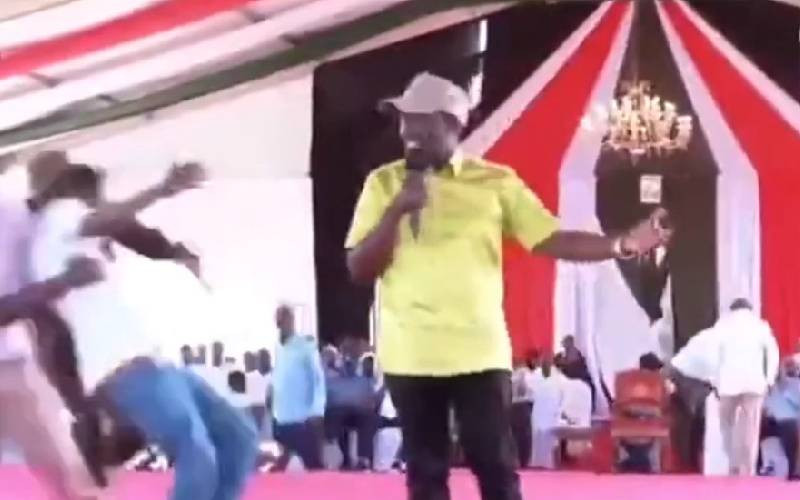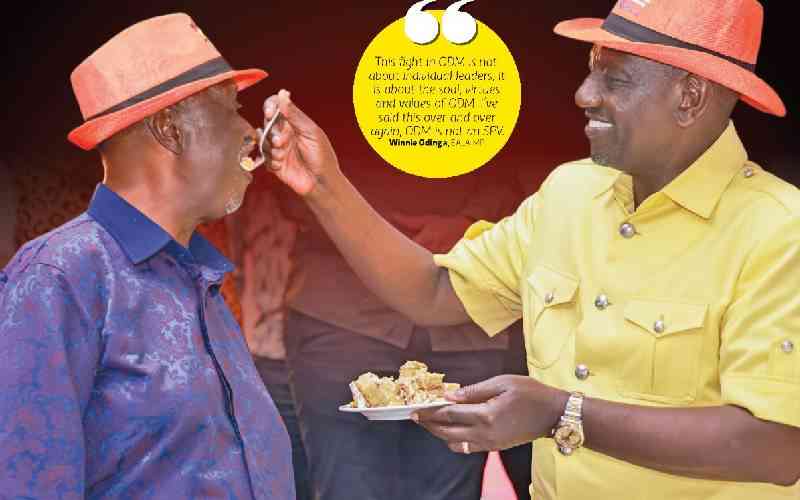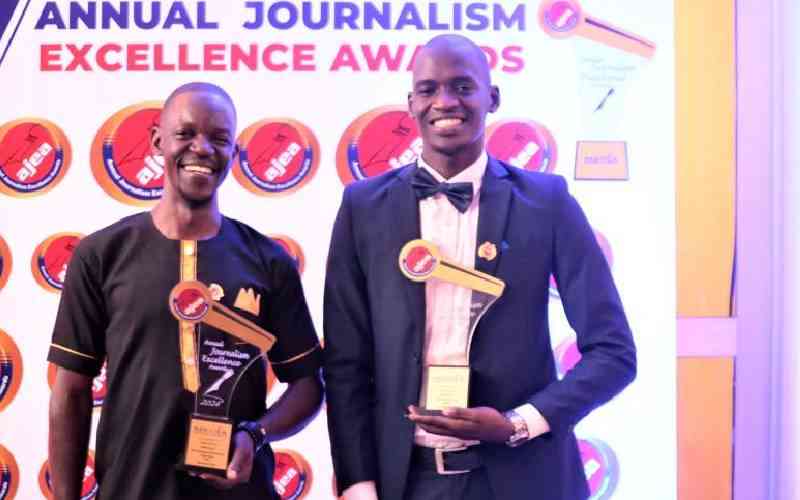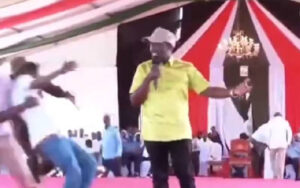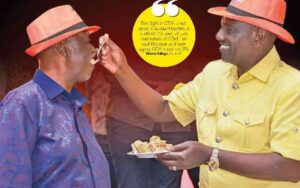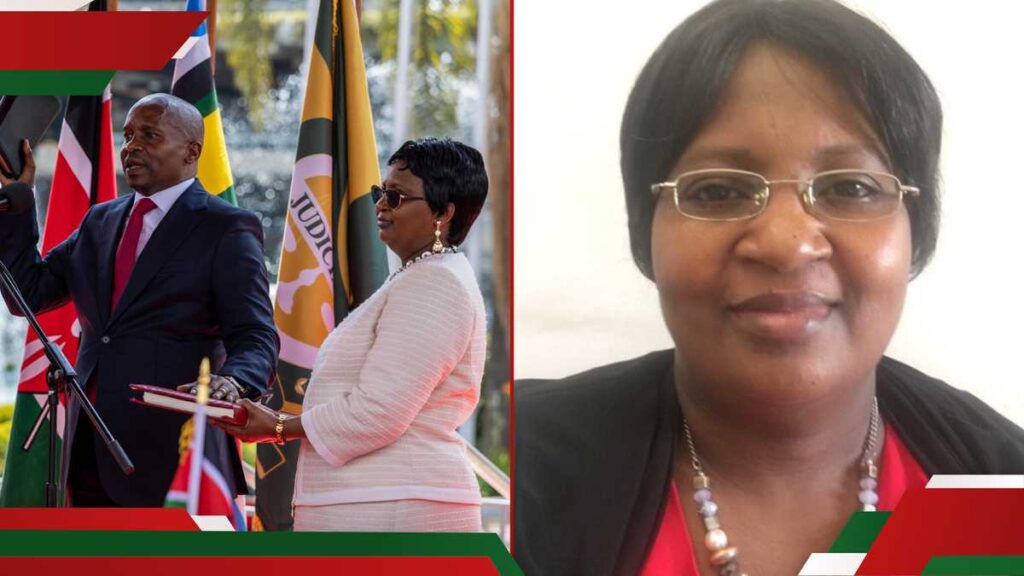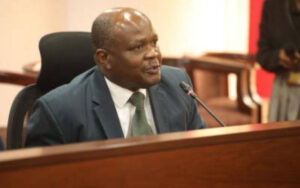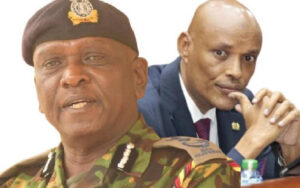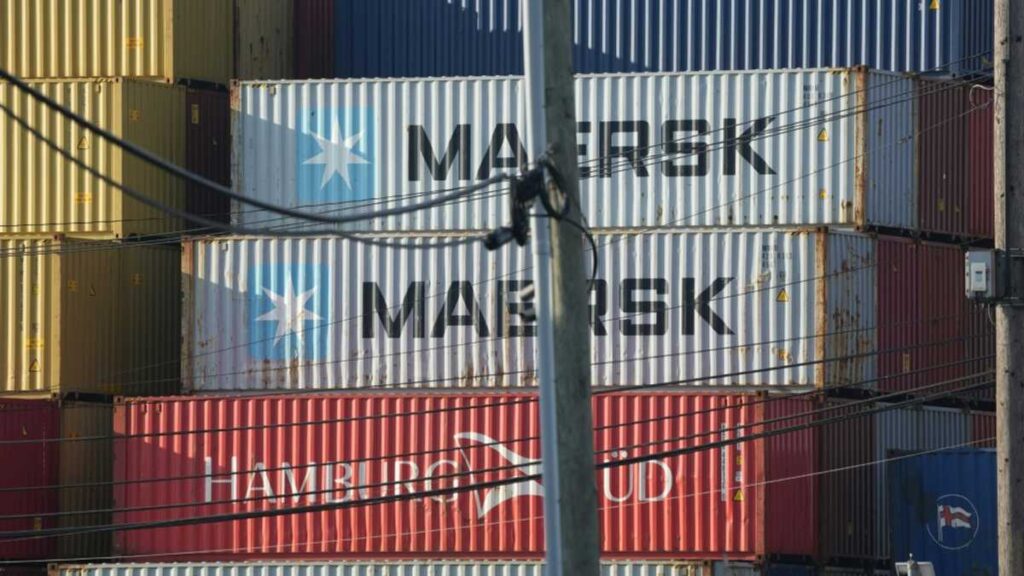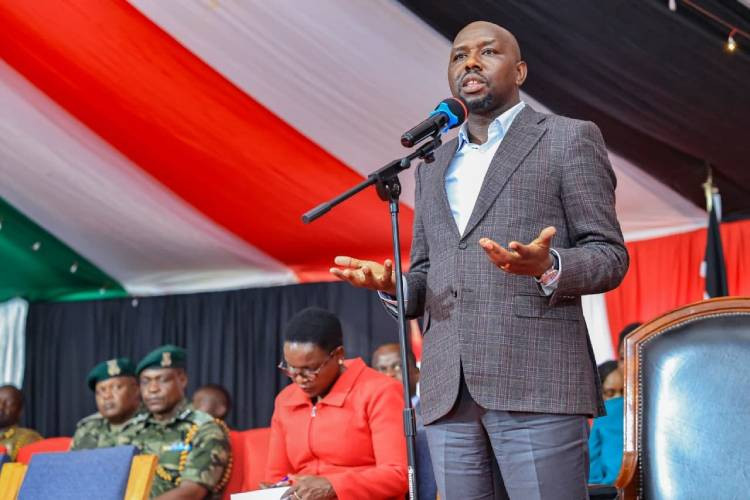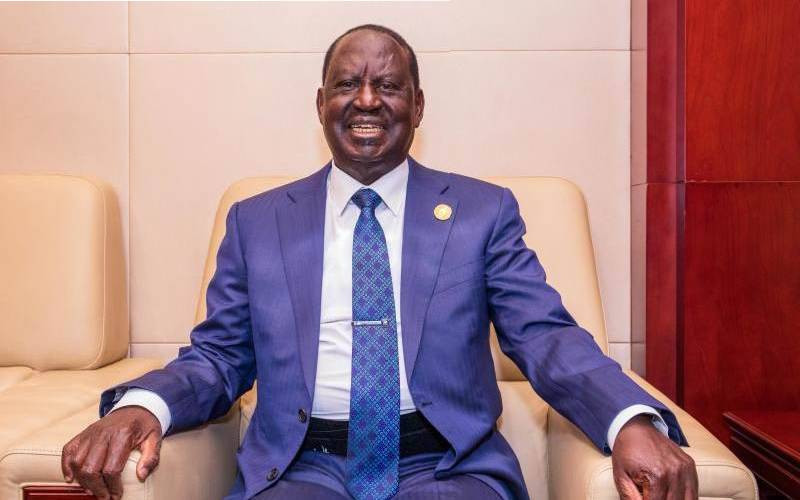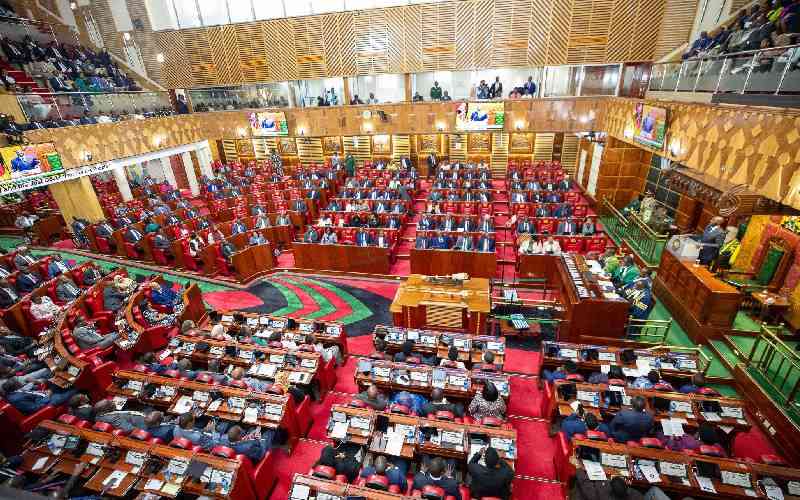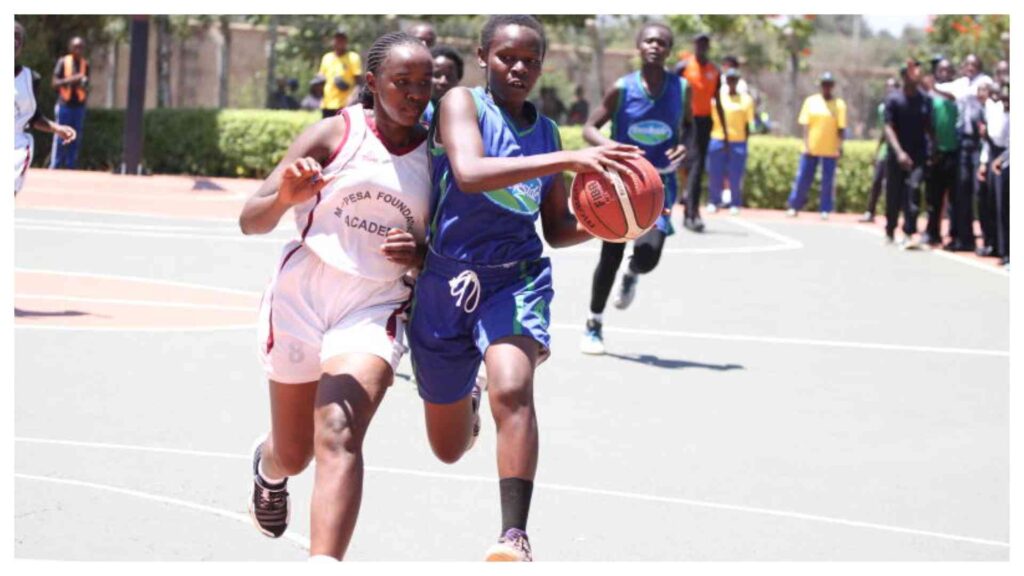The Media Council of Kenya (MCK) has announced this year’s Annual Journalism Excellence Awards(AJEA) with some changes in the entry of stories.
The council’s Chief Executive Officer David Omwoyo said this year the council will be awarding quality journalism across all platforms.
“We have been judging based on platforms, so we have radio, TV, newspaper. This year we will award good journalism so that when it’s a good medical story, it will also be on newspaper, TV, radio other platforms. Initially, we had a different award for radio, TV but what we have done is consolidated the awards so that we have an award for each category,” said Omwoyo.
He said that good journalism transcends platforms. “And this year we are awarding quality, be it on TV, radio, print or digital and there will be only one winner per category,” he said.
According to Omwoyo, these changes aim to celebrate impactful storytelling irrespective of the medium where it is aired.
Omwoyo was speaking on Tuesday in Nairobi during a breakfast event attended by editors and journalists to launch this year’s AJEA awards whose applications for entries start immediately.
He also announced new thematic special categories that are designed to inspire journalists to cover emerging and critical issues.
These include the Tourism Reporting Award, the National Cohesion/Developing Story Award and the Animal Welfare Award.
“These special categories are a reflection of the evolving nature of journalism and the need to capture the most pressing issues of our time,” said Mr Omwoyo.
The MCK boss also called for a broader conversation around the media’s role in driving narratives that foster national cohesion and patriotism, urging journalists to approach stories with sensitivity and balance.
He stressed the critical role of editors and sub-editors in the awards, saying they contribute to maintaining editorial standards.
Mr Omwoyo urged editors and sub-editors to set the tone for stories, adhere to the code of ethics and ensure context is well-articulated.
He commended journalists for their resilience amidst challenges posed by the digital transition and economic constraints and reaffirmed the media’s critical role in serving the citizenry.
Stay informed. Subscribe to our newsletter

Started in 2012, the AJEA is a signature event of MCK that recognises and celebrates excellence and professionalism in the media industry in Kenya.
The awards are usually the peak of celebrations to commemorate World Press Freedom Day marked globally on 3rd May.
This year will have 19 award categories and they are available on the MCK website.
Speaking during the breakfast event, former and current journalists tipped journalists who plan to submit entries on what to do and not.
Veteran journalist and media trainer, Owino Opondo discouraged journalists against using what he called tough language in their stories but just be simple one that can easily be understood.
Former Nation Media Group (NMG) Editorial Director Wangethi Mwangi, who is also a judge said one of the things they look at carefully is consistency and verification.
“The other thing is just what I’ve given as a method is consistency. Consistency comes in a lot of things; it’s the spellings of people’s names or locations or subjects, all of it. There has to be some consistency,” said Mwangi.
He added: “And that’s why you see it all the time that journalism is a discipline of dedication. You have to take enough time to verify everything that you put down on paper or you process on TV or online.”
He said the biggest challenge they have been having is a lack of understanding of the requirements of each article that journalists are trying to put into a story beyond the text.
“Many stories lack accompaniment like data among others, which enhance the story value. So before you even think of submitting your story, sit down with your editor to hear her or his views on it. It doesn’t mean that when a story is a banner headline story or on the front page of a national publication, that’s an award-winning story,” added Maina.
Another judge Judie Kaberia called for consistency in the use of one language in the stories.
“We forgot about the consistency of the language, this one was a crisis. You find the story so good but there was inconsistency of the language. If the story is in Kiswahili and you do an interview and someone speaks in English, then you must transcribe, you must translate, you must do a voiceover so that there is consistency of the language. So this is another decline we started seeing, even in the way we are doing,” she said.



